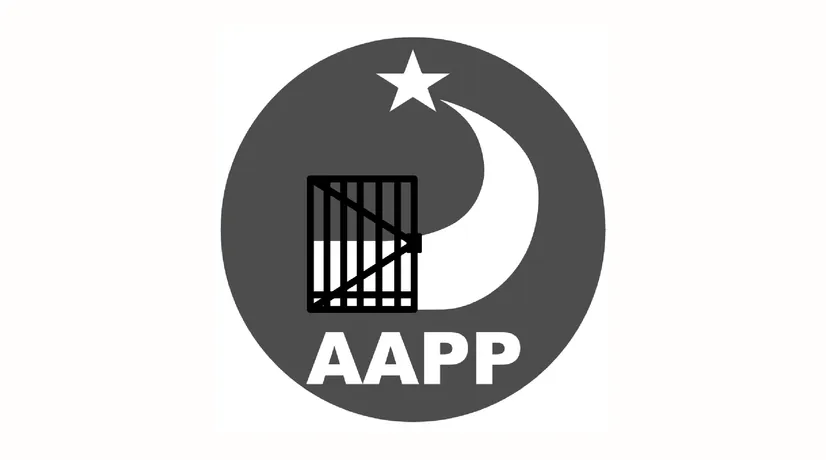Statement on the International Day to End Impunity for Crimes against Journalists
02 November 2018

On this year’s International Day to End Impunity for Crimes against Journalists, AAPP stands in solidarity with journalists in Burma and worldwide. 2018 has been a particularly grave year for press freedom in Burma, and for the safety and well-being of journalists. This has coincided with a rapidly shrinking space for freedom of expression across the country.
In Burma, journalists exposing embarrassing truths have been routinely targeted and persecuted by the government. To date, 22 journalists are currently facing trial and years in prison simply for doing their jobs. This attack on journalists is enabled by a multitude of outdated and repressive laws used to control and intimidate journalists in Burma. Some high profiles cases and controversial laws are listed below.
- Wa Lone and Kyaw Soe Oo have been incarcerated for 325 days under the colonial-era Official Secrets Act. They were charged with allegedly holding classified Government documents relating to security deployments in Arakan State and sentenced to seven years in prison.
- Section 66(d) of the 2013 Telecommunications Act curtails the right to fundamental freedoms in the digital sphere. The nature of journalists work means they regularly fall foul of the vague 66(d) and the majority of journalists being charged are done so under 66(d). 16 journalists are currently being persecuted under this law.
- Three senior journalists from Eleven Media are being charged by the Yangon Government under Section 505b of the Penal Code, for publishing an article which allegedly promoted “public distrust in the company, as well as dishonoring the regional government”
- The Tanintharyi Journal has been charged under Article 25(b) of the Media Law for a satirical piece, which allegedly “damaged a regional Government’s dignity”.
Attacks, arrests and the intimidation of the media has no place in a democratic society. The government needs to act immediately, releasing journalists from prisons, repealing laws that threaten journalism and reverse the creation of a climate of fear for journalists operating inside the country. Those who have committed crimes against journalist need to be held accountable.
During Burma’s so-called democratic transition, it is vital for a free media to be able to perform checks on power, and to ensure that corruption and abuses of power are exposed.
In Solidarity
For More Information.
Assistance Association for Political Prisoners
Tate Naing Secretary +95(0) 9428 023828
Aung Myo Kyaw Office In-Charge +95(0) 942811 7348
View this original statement HERE.
၎
င
၎
၎
Announcements
28 February 2025
Asian NGO Network on National Human Rights Institutions , CSO Working Group on Independent National Human Rights Institution (Burma/Myanmar)
Open letter: Removal of the membership of the dis-accredited Myanmar National Human Rights Commission from the Southeast Asia National Human Rights Institution Forum

Progressive Voice is a participatory rights-based policy research and advocacy organization rooted in civil society, that maintains strong networks and relationships with grassroots organizations and community-based organizations throughout Myanmar. It acts as a bridge to the international community and international policymakers by amplifying voices from the ground, and advocating for a rights-based policy narrative.